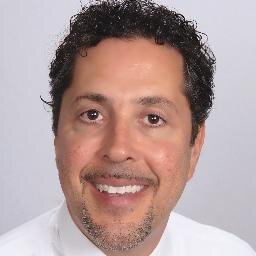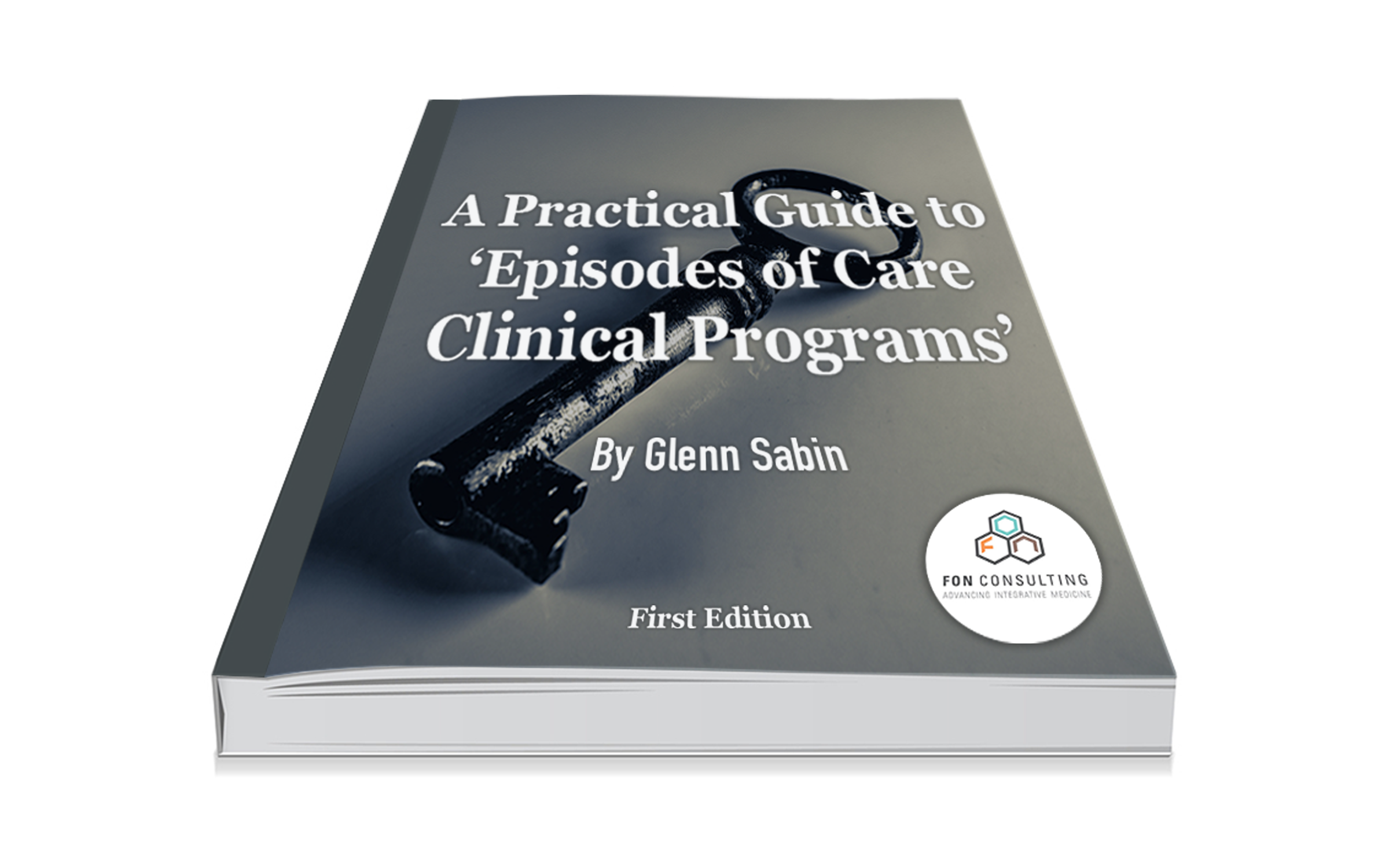CAM is Dead
Over the past 25 years, practitioners integrating the best of Western and Eastern medicine have endured a series of catch-all titles describing their model of care. Until recently, all medicine not tacking closely to Western conventional allopathic care was termed “alternative”.
The term complementary and alternative medicine (CAM) began to seep into mainstream medical vernacular about 1998 when NIH’s National Center for Complementary and Alternative Medicine (NCCAM) became a full-fledged center. Although most of the major hospitals and cancer centers did not introduce their integrative centers until a few years later, NCCAM’s “CAM” acronym stuck, influencing the names of new private clinics and centers across the country.
NCCAM supports research on complementary and alternative therapies—products, agents and interventions—regardless of the current level of evidence supporting its safety and efficacy. Therefore, the acronym CAM adequately describes what NCCAM is all about. On the other hand, practitioners incorporating evidence-based integrative services into their conventional care are not practicing CAM. They’re practicing evidence-based integrative medicine, not “alternative medicine”.
Today several integrative centers across the country still contain the words CAM in their name. This is both confusing to health consumers and damaging for these centers’ brand. Most clinics and centers launched during the last decade have evolved with their branding to include today’s more appropriate terminology of “integrative medicine”, “integrative services” or “integrative therapies”.
Alternative medicine is used in lieu of proven conventional care. Alternative medicine lacks an adequate evidence base and is not practiced within academic clinical settings. Conversely, integrative medicine incorporates safe and efficacious therapies into conventional medicine.
Enjoying this article? Subscribe and get our latest, delivered straight to your inbox.
It’s true that not all stress reduction techniques, say, Reiki, boast a solid evidence base. But many clinicians who offer services like Reiki do so because they’ve observed it helping many of their patients to relax, thus lessening their need for certain medications. They rationalize that since the intervention is not potentially harmful and their patient is more relaxed and reporting beneficial value, then what difference does it really make if we don’t yet know exactly how it works?
So I posit that CAM is dead, while evidence-based, personalized integrative medicine continues its ascent—made possible by a growing literature base and clinical outcomes that support the safety, efficacy and primary tenets of an integrative approach to health. If you want to grow your integrative health business, this is the story that needs telling.
About FON
FON is a leading integrative health and medicine business development and strategy consulting firm. FON specializes in custom solutions for growing patient volume, developing programs, and increasing product sales. Our practical business models are driven by innovative marketing, clear messaging, and customer engagement via branded storytelling.
Contact us today to schedule a complimentary 30-minute consultation to discuss your business development or personal brand needs.

Read Glenn’s story.





















